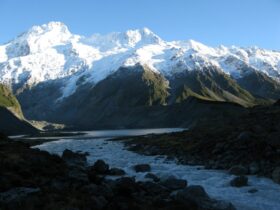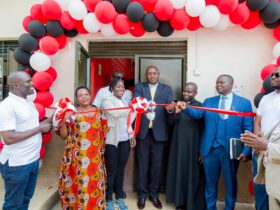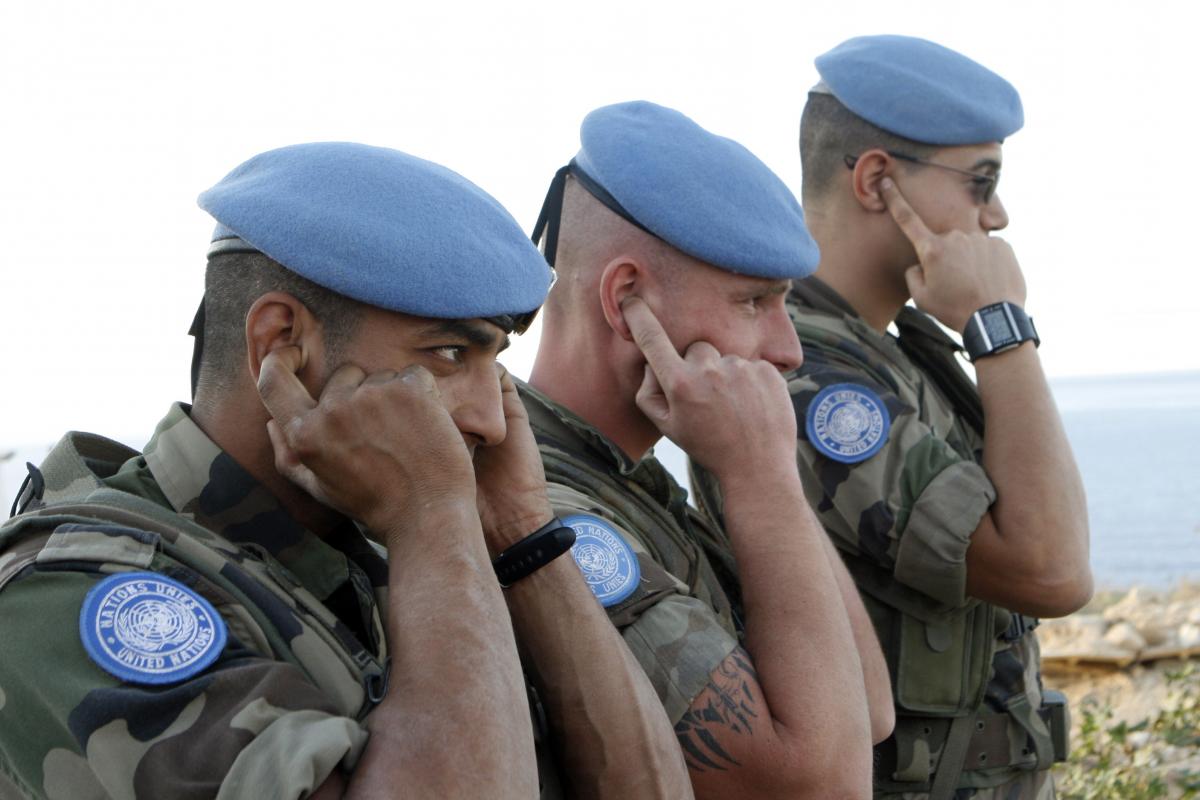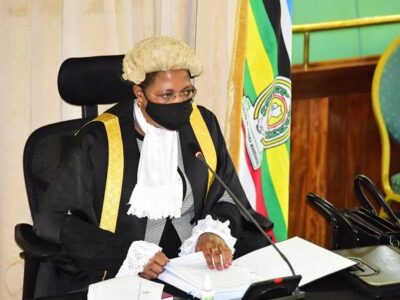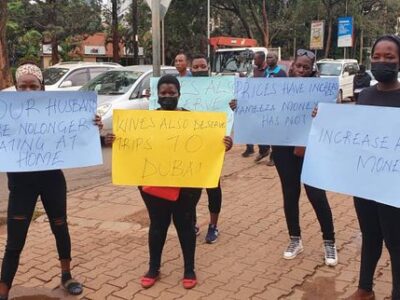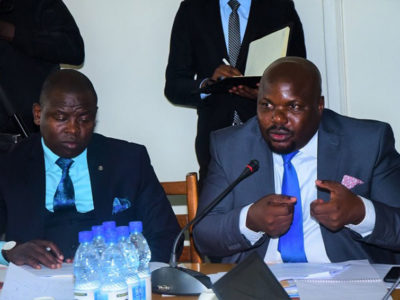As the United Nations sends 450 Gabon peacekeepers home from the Central African Republic after new claims of sexual assault and exploitation, we look at the grim history of abuse that has dogged many UN missions.
Three years ago Gabon announced it was pulling soldiers out from the strife-torn country after similar reports of abuse, only to later go back on its decision.
List of shame
Most allegations of abuse have been levelled against peacekeepers from Cameroon, South Africa, the Democratic Republic of Congo and Gabon, according to the UN.
Before the latest allegations came to light, 1,265 soldiers, police and other staff had been accused of abuse since 2010.
Complaints peaked in 2016 when nearly half of the victims were children.
Since 2017, the UN has been publishing an annual report on abuse claims made against its staff and soldiers, with tough-talking American official Jane Holl Lute appointed to root out the “shocking” problem.
Central African Republic
This is far from the first time that one of the world’s poorest and most unstable countries has been the focus of abuse scandals.
In March 2018 Gabon said it was withdrawing all its troops from the MINUSCA mission in the CAR after another string of sex abuse claims.
But the soldiers stayed.
In 2016 and 2017, more than 700 Blue Helmets from the Republic of Congo were recalled over claims of sexual misconduct.
In 2014, French soldiers from the Sangaris operation, a peacekeeping force in CAR authorised by the UN, were accused of raping children aged seven to 13, offering them food for sexual favours.
In 2008, a French former UN mechanic accused of sexual attacks against 23 minors during missions in CAR between 1998 and 2000 was jailed for nine years.
He was also convicted of the rape of two minors in the DR Congo between 2000 and 2004.
An Egyptian soldier was jailed for five years in 2016 for sexual assault while also part of the UN mission.
DR Congo
The UN’s long-running peacekeeping mission has been repeatedly hit by sex abuse allegations, including of minors, since its launch in 1999 when the resource-rich country was ripped apart by what became known as the Great African War.
In February 2005, the UN banned sexual relations between its troops and locals.
Days later, Morocco charged six of its soldiers there with sexual violence against minors.
Seven months later, 120 Nigerian policemen were sent home after almost a dozen were suspected of sexual harassment.
In 2016, an investigation was launched into the behaviour of the Tanzanian contingent in North Kivu in the east of the country.
Haiti
The US lambasted the UN in 2017 over sex abuse by peacekeepers, citing the example of a sex ring allegedly run by Sri Lankan soldiers in Haiti.
Ambassador Nikki Haley said that hungry teenage boys and girls were “passed from soldier to soldier”, with the gang rape of one boy filmed on a telephone in 2011.
More than 100 Sri Lankan soldiers were sent home. None was ever prosecuted.
In 2011, videos of the rape of a Haitian teenager by Uruguayan soldiers was put on the Internet.
Five of the troops were jailed and Uruguay’s then president Jose Mujica made a public apology to Haiti.
South Sudan
Forty-six UN peacekeepers from Ghana were recalled in February 2018 after claims they were sexually exploiting refugee women sheltering at a UN base there.
A preliminary probe found that the Ghanaian police officers were “engaging in sexual activity with the women”.
In 2007 four UN peacekeepers from Bangladesh were suspended after accusations of sexually exploiting children there.
Ivory Coast
In September 2011 the UN mission apologised over accusations of sexual exploitation and abuse by its peacekeepers in the West African country.
In 2007 Moroccan troops were accused of having sex with minors, and a year later a 12-year-old was allegedly raped by other members of the mission.
***********
AFP



